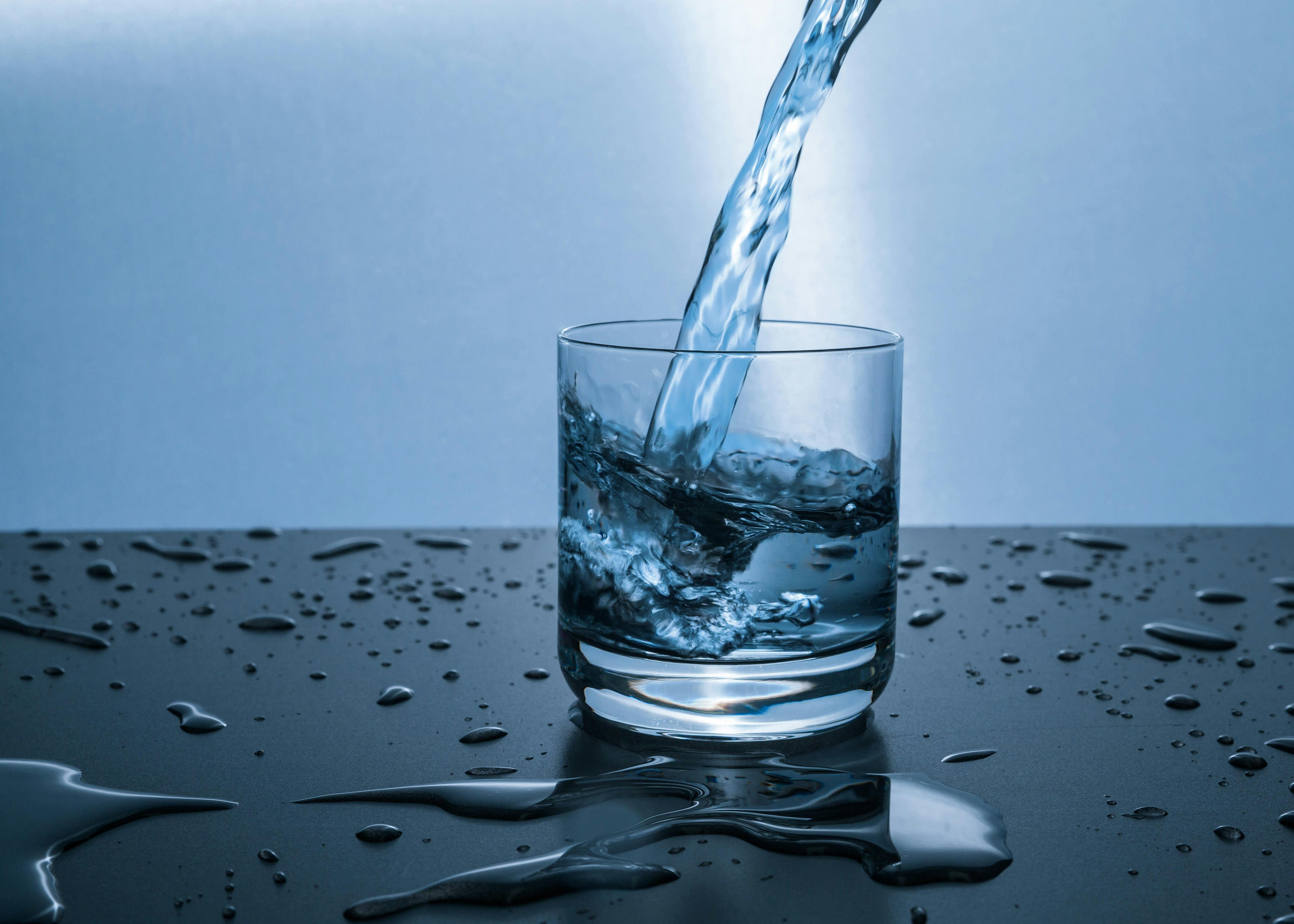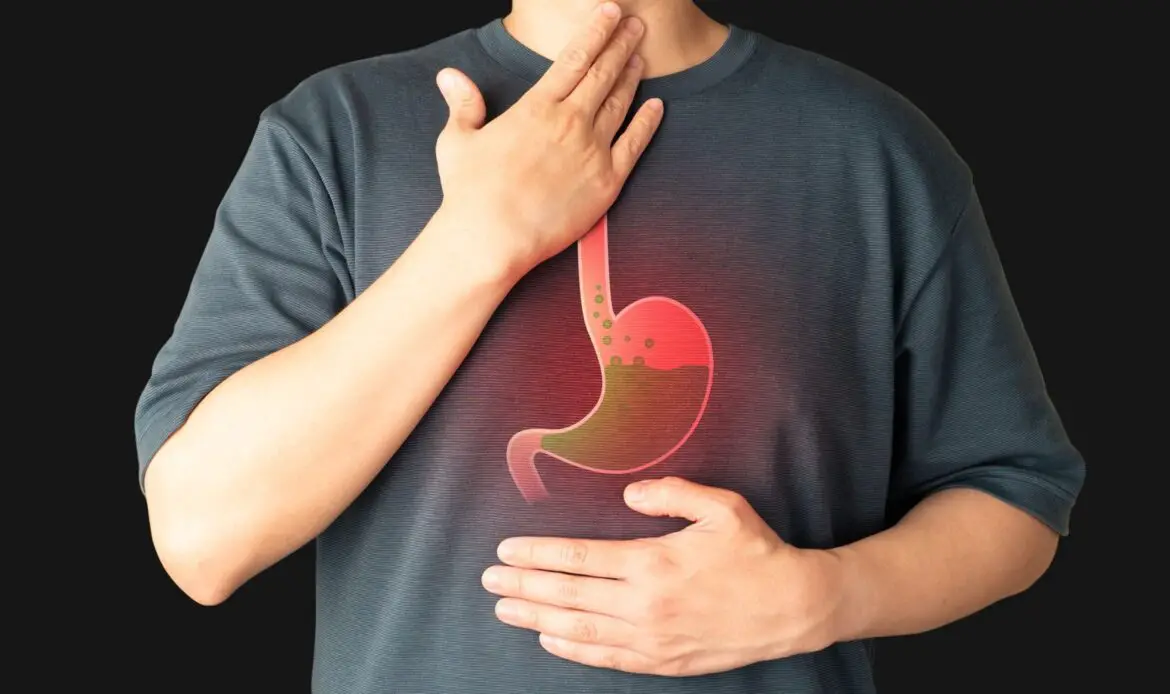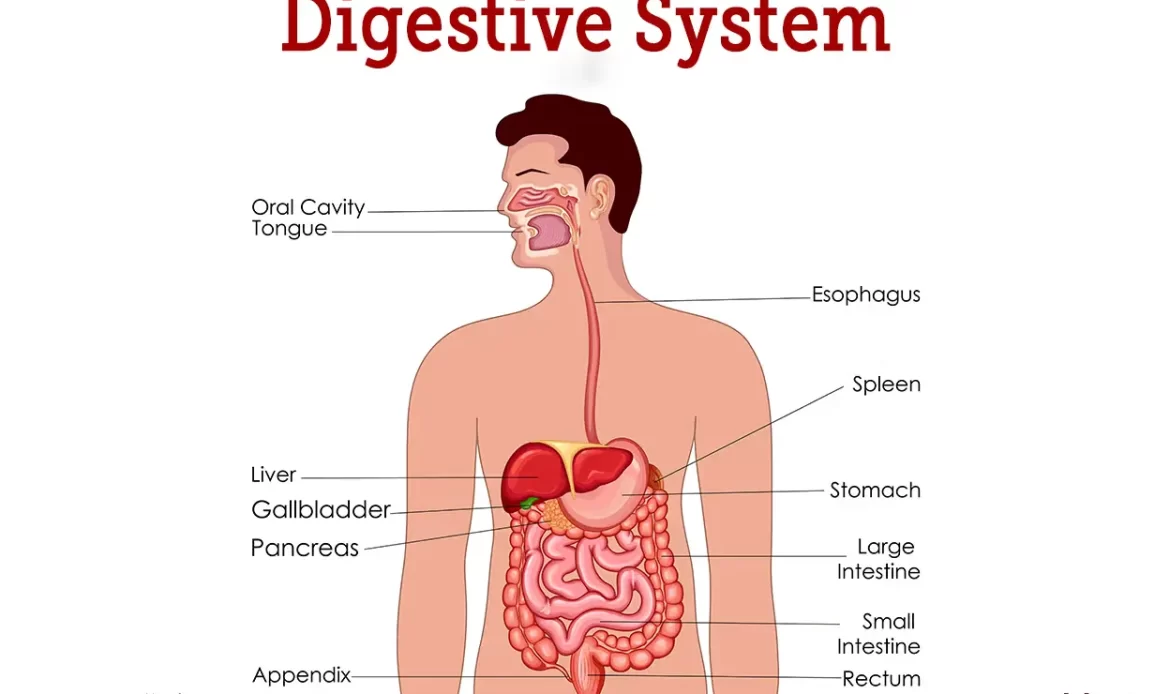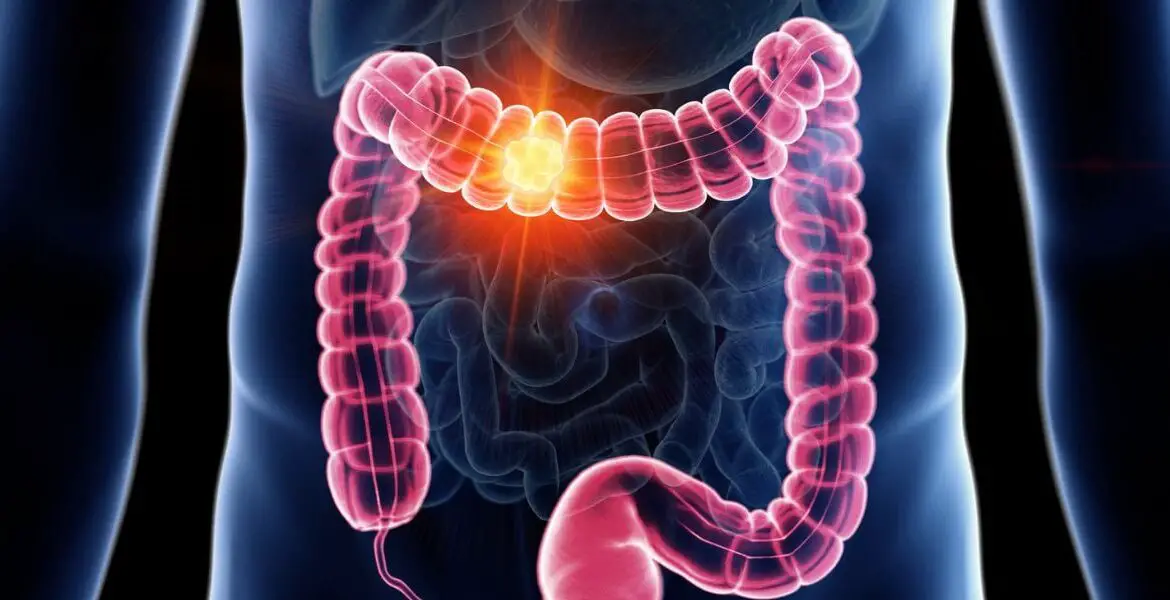Hydration is key to maintaining not only overall health but also gut health. Let’s explore the vital ways in which proper hydration supports your gut and contributes to your well-being.
Role of Water in the Body
Water is essential for nearly every function in our bodies, from lubricating joints and regulating temperature to aiding in nutrient transportation. Without enough water, these processes can’t operate efficiently.
Daily Water Intake Recommendations
Aim to drink about eight 8-ounce glasses of water daily, though individual needs may vary based on factors like age, weight, and activity level.
How Hydration Affects Gut Health
1. Facilitating Digestion

Breaking Down Food
Water is crucial for breaking down food so your body can absorb nutrients. Insufficient hydration can slow this process, causing discomfort and inefficiency. Studies have found that adequate hydration significantly improves digestion and nutrient absorption.
Absorption of Nutrients
After breaking down food, water aids in nutrient absorption into the bloodstream, ensuring your body gets the vitamins and minerals it needs. Research indicates that hydration plays a crucial role in effective nutrient uptake.
2. Promoting Regular Bowel Movements

Preventing Constipation
Adequate hydration helps prevent constipation by softening stools, making them easier to pass and promoting regular bowel movements. Studies have found that increased water intake improves bowel function and reduces constipation risk.
Enhancing Bowel Function
Hydration maintains the mucosal lining of the intestines, essential for smooth bowel function and reducing the risk of bowel disorders. Research notes that proper hydration supports the integrity of this lining, promoting overall gut health.
3. Supporting the Gut Microbiome

Balancing Good and Bad Bacteria
A well-hydrated gut supports a balanced microbiome, crucial for digestion, immune function, and even mood regulation. Studies show that hydration helps maintain a healthy bacterial balance in the gut.
Impact on Immune System
The gut plays a significant role in the immune system. Proper hydration promotes the growth of beneficial bacteria, aiding in pathogen defense and overall health maintenance. Research underscores the importance of a hydrated gut for a robust immune response.
3. Hydration and Digestive Enzymes

Production of Digestive Enzymes
Water is necessary for producing digestive enzymes that break down food into nutrients. Without enough water, enzyme production can drop, impairing digestion. Research highlights the role of water in enzyme activity.
Enzyme Function and Water
Digestive enzymes need a water-rich environment to function effectively. Hydration ensures these enzymes can break down food particles efficiently. Studies confirm the necessity of water for optimal enzyme performance.
4. Detoxification and Hydration

Removing Toxins from the Gut
Water helps flush out toxins from the gut, aiding in efficient waste removal and keeping your digestive system clean. Research indicates that hydration is critical for effective detoxification processes.
Water’s Role in Liver and Kidney Function
Proper hydration supports the liver and kidneys, organs that filter toxins from the blood and aid in waste elimination, crucial for gut health. Studies show that adequate water intake significantly improves liver and kidney function.
5. Hydration and Inflammatory Bowel Disease (IBD)

Managing IBD Symptoms with Hydration
For those with IBD, staying hydrated can help manage symptoms. Dehydration can worsen conditions like Crohn’s disease and ulcerative colitis, making symptom management harder. Research suggests that hydration plays a key role in symptom relief for IBD patients.
Reducing Inflammation through Adequate Water Intake
Hydration helps reduce gut inflammation, maintaining the mucosal lining of the intestines, which can become inflamed during IBD flare-ups. Studies found that proper hydration can decrease inflammation and improve gut health.
6. Hydration and Gut pH Balance

Importance of pH in Gut Health
The pH level in your gut affects the balance of bacteria. Proper hydration helps maintain an optimal pH level, supporting a healthy microbiome. Research indicates that hydration is crucial for maintaining the right pH balance in the gut.
How Water Intake Influences pH Levels
Drinking enough water can neutralize stomach acid and maintain balanced pH levels in the gut, crucial for digestion and gut bacteria health. Studies highlight the importance of hydration in regulating gut pH.
7. Hydration and Mucosal Lining Maintenance

Protecting the Intestinal Barrier
The mucosal lining in your intestines acts as a barrier, protecting against harmful pathogens and toxins. Proper hydration helps maintain this protective layer, preventing harmful substances from entering your bloodstream. Studies show that adequate water intake supports the integrity of the intestinal barrier.
Supporting Healing and Repair
In the event of damage to the gut lining, hydration is crucial for the healing process. Water helps transport essential nutrients and oxygen to the damaged tissues, promoting faster recovery. Research indicates that well-hydrated individuals have better outcomes in gut healing processes.
8. Hydration and Fiber Functionality

Enhancing Fiber’s Benefits
Fiber needs water to function effectively in the digestive system. Soluble fiber absorbs water and forms a gel-like substance that slows digestion, helping to regulate blood sugar and cholesterol levels. Insoluble fiber requires water to add bulk to stools, facilitating regular bowel movements. Studies highlight the importance of hydration in maximizing fiber’s health benefits.
Preventing Fiber-Related Discomfort
Without adequate water, high fiber intake can lead to digestive discomfort such as bloating and constipation. Ensuring proper hydration helps fiber pass smoothly through the digestive tract, reducing the risk of these issues. Research suggests that pairing fiber with sufficient water intake enhances digestive comfort.
9. Hydration and Gastrointestinal Secretions

Stimulating Digestive Juices
Water is essential for the production of digestive juices, including saliva, gastric juices, and bile. These fluids are crucial for breaking down food and absorbing nutrients efficiently. Studies show that dehydration can reduce the production of these secretions, impairing digestion.
Aiding in Food Breakdown
Hydration helps in the mechanical breakdown of food, ensuring that it mixes well with digestive juices. This process facilitates smoother digestion and nutrient absorption. Research indicates that maintaining hydration supports efficient food breakdown and nutrient assimilation.
10. Hydration and Colonic Transit Time

Speeding Up Colonic Transit
Colonic transit time refers to the duration it takes for food to travel through the colon. Proper hydration can speed up this process, reducing the time food spends in the colon and preventing issues like constipation. Studies show that adequate water intake significantly influences colonic transit time.
Reducing Toxin Exposure
By speeding up colonic transit time, hydration helps minimize the exposure of the gut to potential toxins and harmful bacteria. This reduction in transit time decreases the risk of toxin-related issues such as inflammation and infection. Research supports the role of hydration in promoting a healthier, faster-moving digestive system.
Signs You’re Not Hydrated Enough
Physical Symptoms
Common signs of dehydration include dry mouth, fatigue, dizziness, and dark urine. These symptoms indicate a need for more fluids.
Digestive Symptoms
Dehydration in the gut can cause constipation, bloating, and discomfort, signaling a need for increased water intake.
Tips for Staying Hydrated
Daily Habits for Hydration
- Drink water regularly throughout the day.
- Carry a water bottle to remind yourself to hydrate.
- Drink a glass of water before and after meals.
Foods that Help with Hydration
Include water-rich foods in your diet, such as cucumbers, oranges, strawberries, and watermelon, to help stay hydrated and provide essential nutrients.
Hydration is vital for overall health and particularly for maintaining a healthy gut. Proper hydration aids digestion, supports a healthy microbiome, prevents constipation, and helps manage conditions like IBD. By prioritizing water intake and incorporating hydrating foods into your diet, you can significantly improve your gut health and overall well-being. Remember, a hydrated gut is a happy gut.
Frequently Asked Questions
1. Can drinking too much water harm my gut?
Yes, overhydration can dilute stomach acid, potentially disrupting digestion. It’s essential to find a balance and drink water in moderation.
2. How does hydration affect gut bacteria?
Proper hydration supports a balanced gut microbiome by promoting beneficial bacteria growth and maintaining optimal pH levels.
3. Is it better to drink water before or after meals?
Drinking water before meals can aid digestion and prevent overeating, while small sips during meals can help digestion without diluting digestive juices.
4. What are some hydrating foods?
Hydrating foods include cucumbers, watermelon, strawberries, oranges, and celery, which have high water content and help keep you hydrated.
5. How can I tell if my gut health is improving with better hydration?
Signs of improved gut health include regular bowel movements, reduced bloating, and overall digestive comfort. Improved energy levels and better skin health can also indicate better hydration.
References
Role of Water in Digestion and Nutrient Absorption:
- Popkin, B. M., D’Anci, K. E., & Rosenberg, I. H. (2010). Water, hydration, and health. Nutrition Reviews, 68(8), 439-458. doi:10.1111/j.1753-4887.2010.00304.x
Hydration and Bowel Movements:
- Stookey, J. D., Pieper, C. F., & Cohen, H. J. (2005). Is the prevalence of dehydration among community-dwelling older adults really a problem for health? Journal of Gerontology: Medical Sciences, 60(11), 1465-1471. doi:10.1093/gerona/60.11.1465
Hydration and the Gut Microbiome:
- Turnbaugh, P. J., Ley, R. E., Mahowald, M. A., Magrini, V., Mardis, E. R., & Gordon, J. I. (2006). An obesity-associated gut microbiome with increased capacity for energy harvest. Nature, 444(7122), 1027-1031. doi:10.1038/nature05414
Hydration and Digestive Enzymes:
- Basson, M. D. (2000). Effects of hydration on digestive enzymes in human pancreas. Digestive Diseases and Sciences, 45(3), 498-502. doi:10.1023/A:1005578303733
Detoxification and Hydration:
- Murray, M. J., & Murray, A. B. (2007). Water: The essential nutrient. Journal of the American Dietetic Association, 107(12), 1995-1997. doi:10.1016/j.jada.2007.09.033
Hydration and Inflammatory Bowel Disease (IBD):
- Ananthakrishnan, A. N., Khalili, H., Konijeti, G. G., Higuchi, L. M., de Silva, P., Fuchs, C. S., … & Chan, A. T. (2013). A prospective study of long-term intake of dietary fiber and risk of Crohn’s disease and ulcerative colitis. Gastroenterology, 145(5), 970-977. doi:10.1053/j.gastro.2013.07.050
Hydration and Gut pH Balance:
- Yoon, M. Y., & Yoon, S. S. (2018). Disruption of the gut ecosystem by antibiotics. Yonsei Medical Journal, 59(1), 4-12. doi:10.3349/ymj.2018.59.1.4
Signs of Dehydration Affecting Gut Health:
- Armstrong, L. E., Soto, J. A., Hacker, F. T., Casa, D. J., Kavouras, S. A., & Maresh, C. M. (1998). Urinary indices during dehydration, exercise, and rehydration. International Journal of Sport Nutrition, 8(4), 345-355. doi:10.1123/ijsn.8.4.345
Hydration and Gut Motility:
- Krol, R., & Plavec, D. (2000). Water intake and bowel function in children. Journal of Pediatric Gastroenterology and Nutrition, 31(4), 526-530. doi:10.1097/00005176-200010000-00022
Hydration and Fiber Functionality:
- Slavin, J. L. (2008). Position of the American Dietetic Association: Health implications of dietary fiber. Journal of the American Dietetic Association, 108(10), 1716-1731. doi:10.1016/j.jada.2008.08.007

